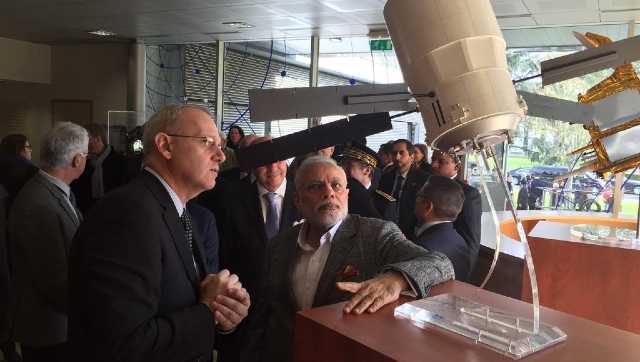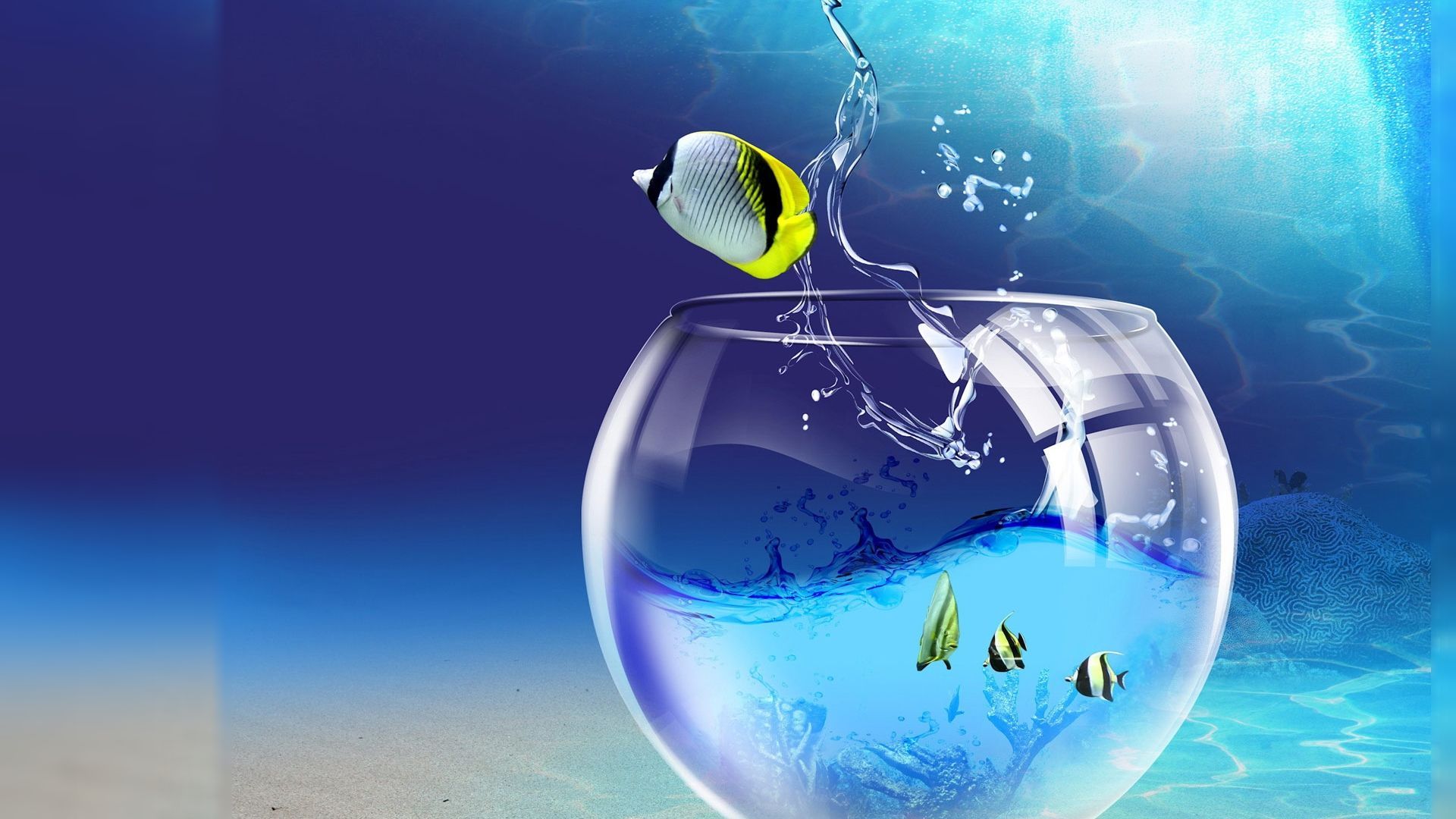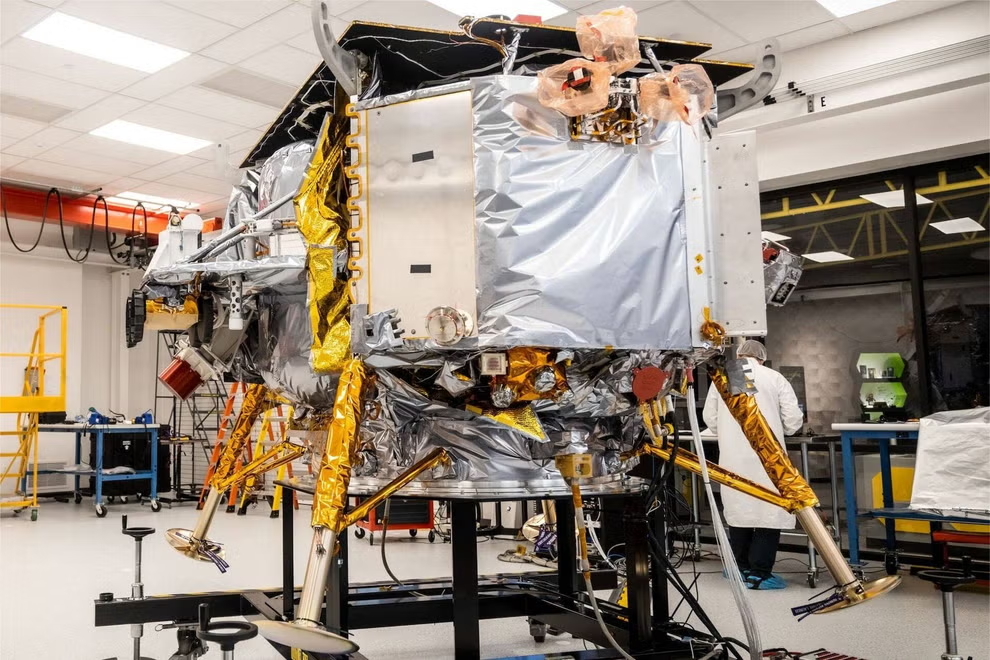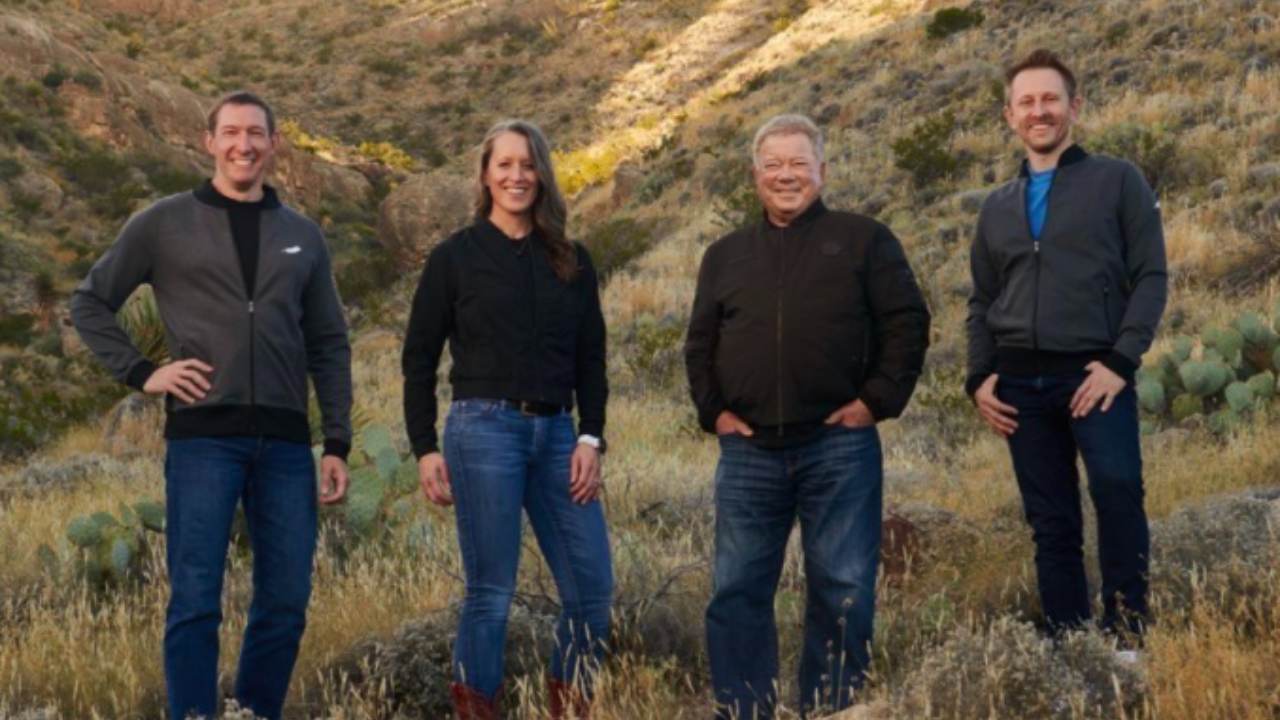How Prime Minister Modi’s visit to Toulouse rejuvenated Indo-French space alliance

- Reporter 02
- 24 Aug, 2022
Space technology in the purview of the contemporary world is projected as synonymous with the greater good of humankind. It has become a voice of humanity’s conscience which could be justified by the fact that the realm of space requires the world to work together for a common goal and the results of which serve humanity equally. I am of the opinion that Space is a textbook case of diplomatic triumph, global political reconciliation, and will of the bureaucratic won’t.
The space industry of the twenty-first century is undoubtedly dominated by India. The Indian Space Research Organisation (ISRO), a key stakeholder in the enterprise, has gained the power to define the global space goals of the past two decades and I must say that it is of great diplomatic value. Having said that, it is of some value as well to admit that the Indian Space Programme is not run by diplomatic mandates and procedures. The program is carried out in good faith and friendship by the scientists as it always has been since its inception.
India and France have shared an important partnership in space science since the beginning of the space age in 1958. The Indian space agency, Indian Space Research Organisation (ISRO) and its French counterpart Centre National de Etudes Spatiales (CNES) have a vibrant and voluminous history of cooperation and collaboration of over six decades. Systematically through years of cooperation, both the countries have a 'pivotal relationship' with each other, so much so that by August 2019, France has been called "India's new best friend" by a researcher of the Hudson Institute.
While it began in the early late 1950s and early 1960s, the Indo-French collaboration in space science took a formal turn when the Thumba Equatorial Rocket Launching Station (TERLS) was established. It was at this site ISRO launched its first sounding rocket with a Sodium Vapour payload manufactured by CNES. The technology of using solid propellant for the sounding rockets and eventually liquid propulsion technology for the VIKAS engine (that powers ISRO’s launchers even now, was a development on CNES’s Viking engine) empowering the Indian Space Program was developed with French collaboration.
The MeghaTropiques satellite for monitoring tropical atmosphere launched in late 2011 and the Satellite for ARGOS and ALTIKA (SARAL) launched in 2013 are key highlights of the Indo-French collaboration in satellites that continue to provide useful data for atmosphere and environment monitoring, and ocean surface topography.
ISRO and CNES continue working on cooperative programmes on earth observation, space geodesy, human spaceflight, future launch vehicle technologies, and planetary exploration.
ISRO’s Polar Satellite Launch Vehicle (PSLV) has launched four French satellites on a commercial basis. Arianespace, France has been the major provider of launch services to Indian Geo-Stationary satellites. After the launch of the APPLE satellite on a cooperative mode in June 1981, 23 Geo-Stationary satellites of India have been launched by Arianespace on a commercial basis including the advanced communications satellite GSAT-30 launched on 17 January 2020.
We witnessed something important when Prime Minister Narendra Modi visited Toulouse in 2015. His interest in strengthening the space enterprise of the realm was a statement that marked India's global leadership in space sciences. This visit was taken as an act of prime minister's great respect for the space science enterprise by French scientists and as reassurance towards making the Indo-French relationship in space sciences build ambitious programmes.
The responsibility of this alliance has mostly rested in the chair of the Space Secretary who also heads the ISRO. The power to imagine new programmes and negotiate has always stayed within the organisation. The Prime Minister, who is also the minister responsible for the Department of Space, took it upon himself to back the programme with the required political will and personal interest of the government. This fuelled the enthusiasm for the program to a great extent.
The aspect of this personal interest of the minister responsible was refreshing and Prime Minister Modi ensured the state’s unconditional support to foster the ambition of the program. This was not unprecedented but was exciting.
To understand the relationship better, I discussed with Professor Jean-Yves Le Gall, the former president of CNES who worked very closely with the current Indian government and was the host of the Prime Minister during his Toulouse visit.
Le Gall was the president of CNES from April 2013 to April 2021. He considers himself very fortunate as the president of CNES to witness and participate in enterprising Indo-French relations in space technology. During his tenure, major progress was witnessed, and we shaped aspiring joint missions. It is not only an exceptional advancement for the partners involved but for the science itself in terms of innovation.
Leave a Reply
Your email address will not be published. Required fields are marked *











